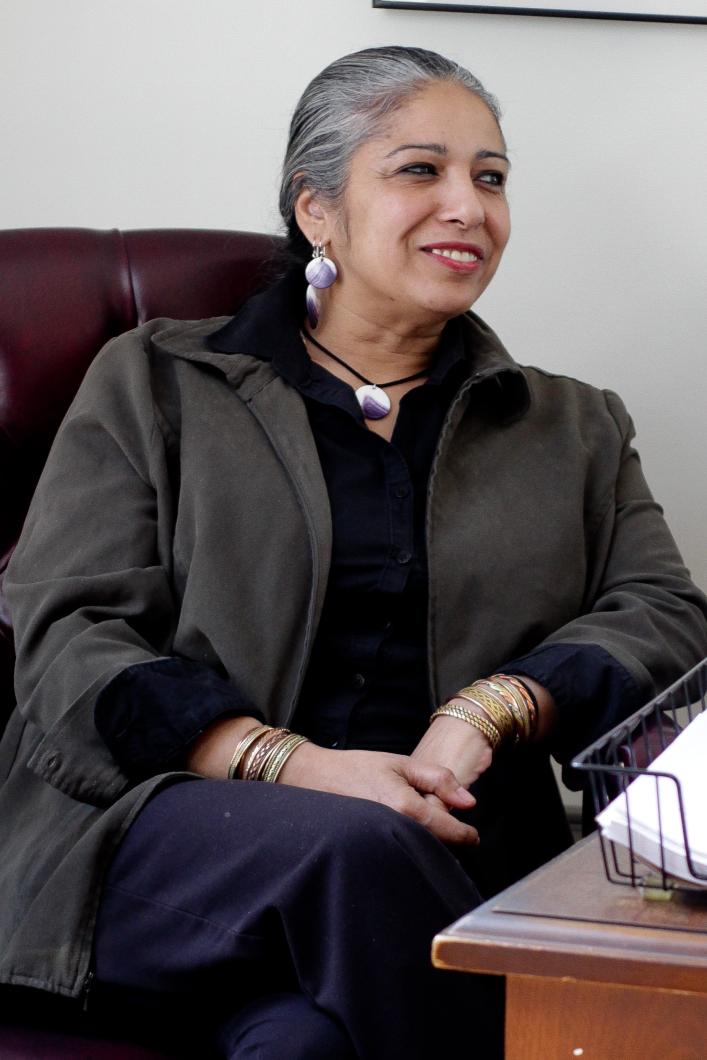The Wampanoag Tribe of Gay Head (Aquinnah) has announced that the tribe is considering bringing gaming to the Island, according to a new Web site published by the tribe’s gaming corporation this week.
“The tribe currently holds land in trust on Martha’s Vineyard for economic development and we would consider that option,” the Web site states. “There is no legal impediment for us to open a casino on our trust land. Martha’s Vineyard is a very popular tourist destination that could certainly support a smaller-scale casino.”
The tribe has three pieces of land under option in Lakeville, Freetown and Fall River to build a commercial casino, and has requested to enter into negotiations with Gov. Deval Patrick for a gaming license for one of those three sites. In a separate letter, chairman of the tribe Cheryl Andrews-Maltais notified the state of the tribe’s intentions to bring a casino to existing tribal lands on the Vineyard. The specific location on the Island has not been described.
“The [notice] formally advised you that the tribe also intends to game on existing trust lands under the Indian Gaming Regulatory Act . . . that request stands separate and apart from our request under state law,” Mrs. Andrews-Maltais wrote in a March 27 letter to the state.
In an interview with the Gazette last month, Mrs. Andrews-Maltais hinted that the tribe was considering a casino on the Vineyard.
“We’re not taking any options off the table — it is our inherent right to do so,” Mrs. Andrews-Maltais said. “But the manner in which we do it is what we would take very seriously. Would you ever see a Foxwoods or Las Vegas style casino here? I can safely say I’d vote against it, I don’t want to see that. But something that would be conducive to the Island, a modest small footprint . . . yes, that would be something that would still be on the table.”
This week the tribe celebrates its 25th anniversary of becoming a federally recognized tribe, and has about 300 members on the Island and about 1,100 across the country. The Vineyard tribe is also bound to follow state and local zoning laws for land use projects. In a landmark ruling in 2004, the Massachusetts Supreme Judicial Court ruled that the tribe had waived part of its sovereignty when it signed a settlement agreement with the town in 1986. This means, among other things, that tribal development projects are subject to review by the Martha’s Vineyard Commission.







Comments (15)
Comments
Comment policy »